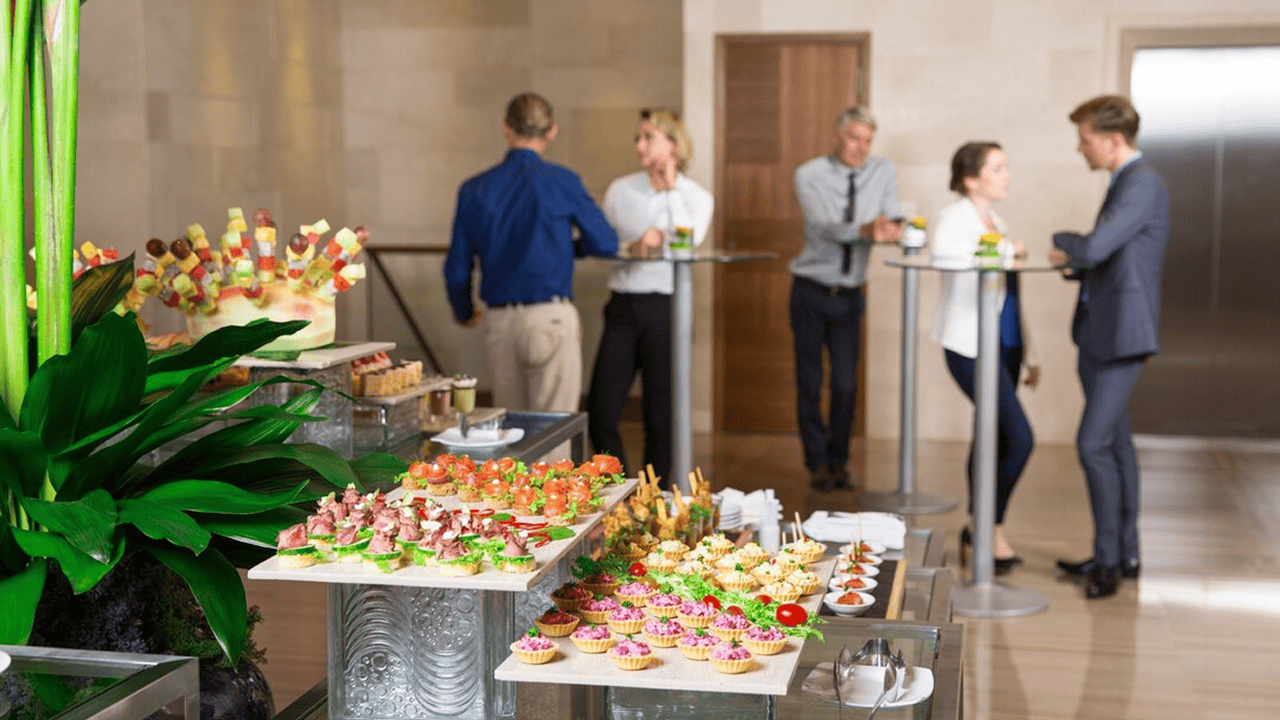
Hosting Events at Your Restaurant: A Complete Guide to Boosting Revenue and Engagement
Restaurants aren’t just places to eat—they’re destinations for experiences. Hosting events at your restaurant can create buzz, boost revenue, and bring in new and returning guests. Whether it’s a wine tasting, live music night, cooking class, or private party, successful events can turn your space into a lively, profitable hub for community engagement.
In this comprehensive guide, we’ll explore how restaurants can plan, promote, and profit from hosting events that leave a lasting impression.
Why Hosting Events Matters in the Restaurant Industry
Events help restaurants:
- Increase foot traffic during off-peak hours
- Boost average check sizes through special menus and add-ons
- Build community ties and local buzz
- Differentiate from competitors
- Drive loyalty through memorable experiences
They also create social media-worthy moments that guests love to share, increasing your organic marketing reach.
Types of Events Restaurants Can Host
1. Themed Dinners or Cuisine Nights
Highlight a regional dish or holiday menu, such as:
- Italian wine-pairing night
- Cinco de Mayo taco fiesta
- Seafood boil weekends
2. Live Music or Entertainment
Bring in local bands, DJs, comedians, or even trivia nights to attract regular weekly crowds.
3. Cooking Classes or Chef’s Table Experiences
Turn your kitchen into a classroom for an evening and let guests learn from your chefs.
4. Holiday and Seasonal Celebrations
Capitalize on holidays like Valentine’s Day, New Year’s Eve, or Oktoberfest with special menus and decor.
5. Private Parties and Buyouts
Offer packages for birthdays, anniversaries, corporate gatherings, and rehearsal dinners.
6. Charity Events and Community Fundraisers
Collaborate with local nonprofits to give back while filling seats.
Planning a Successful Restaurant Event
Define Your Goal
Are you looking to boost revenue, attract new customers, promote a new menu, or raise awareness? Set a clear objective to guide all planning.
Choose the Right Timing
Consider slow nights where an event can fill the gap, such as Mondays or mid-week evenings. Avoid holidays unless the event is tied to the celebration.
Create a Realistic Budget
Factor in costs such as:
- Staff overtime
- Entertainment
- Decorations
- Marketing and promotion
- Food and beverage
Determine how you’ll break even or generate profit, whether through ticket sales, prix-fixe menus, or drink specials.
Customize Your Menu
Create an exclusive menu just for the event. Limited-time items, unique pairings, or prix-fixe options add value and excitement.
Logistics and Setup
- Assign dedicated staff
- Arrange seating and layout
- Coordinate kitchen timing
- Have backup plans for weather or tech glitches
Promoting Your Event: Marketing Strategies That Work
Build a Landing Page or Online RSVP
Use your website to collect reservations and share event details. Include:
- Event title and theme
- Date, time, and location
- Pricing and menu
- How to book
Leverage Social Media
Promote events through:
- Facebook Events
- Instagram countdowns and reels
- Teaser photos and videos
- Stories and behind-the-scenes content
Use event-specific hashtags and encourage user-generated content.
Email Marketing
Send event invites to your newsletter list and offer early-bird pricing or VIP perks to loyal guests.
In-House Promotion
Use table tents, receipts, chalkboards, or digital signage to let existing guests know about upcoming events.
Partner with Local Influencers or Media
Invite local food bloggers or collaborate with a radio station for a broader reach.
Staffing and Training for Event Night
Ensure staff are trained and briefed on:
- Event flow and timing
- Menu and ingredients
- Guest check-in and seating
- Upselling strategies for drinks or add-ons
Consider hiring temporary staff if needed. Staff attitude and knowledge can make or break the experience.
Managing Reservations and Capacity
Use digital reservation tools like OpenTable, Resy, or Tock to manage attendance. Implement deposit or prepayment policies for limited-capacity events to reduce no-shows.
Measuring Success Post-Event
Track KPIs such as:
- Total revenue
- Covers and ticket sales
- Beverage sales lift
- New vs. returning customers
- Social media engagement
Collect feedback via post-event surveys or review sites to improve future events.
Creative Event Ideas to Inspire Your Team
- Farm-to-Table Night with local farmers and producers
- Restaurant Anniversary Celebration with throwback menu items
- Cooking Competition between your chefs or guest cooks
- Wine & Paint Nights combining art and appetizers
- Industry Appreciation Nights for teachers, nurses, or service workers
Case Study: How One Restaurant Doubled Revenue with Events
A neighborhood bistro struggling with slow Tuesday nights launched a monthly themed dinner series (e.g., Italian, Greek, Indian). They promoted it through email, social media, and in-house flyers.
Results:
- Tables booked out in advance
- Increased weekday revenue by 2.2x
- Social media followers grew by 18%
- Guests became repeat visitors and brought friends
Legal and Licensing Considerations
Before launching any public event, confirm:
- Compliance with local noise ordinances
- Alcohol licensing for off-menu items or tastings
- Insurance coverage for private events or third-party entertainment
Work with your local regulatory body to stay compliant.
Final Thoughts: Make Your Restaurant an Event Destination
Hosting events turns your restaurant into more than just a place to eat—it becomes a social hub. With strategic planning, effective marketing, and a focus on the guest experience, events can become a consistent revenue stream and brand builder.
Start small, learn from each experience, and refine your offerings. Soon, your restaurant will be known not just for great food—but for unforgettable moments.